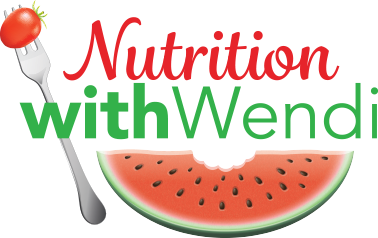
Overindulge on Thanksgiving? Damage Control Tips for the Weekend After
A delicious left-over pumpkin pie taunts you from the kitchen counter alongside the heaps of leftovers in the fridge, saying, “eat me!” Or those sugar cookies and assorted desserts your guests conveniently forgot to take home? Eh, what’s one more…


